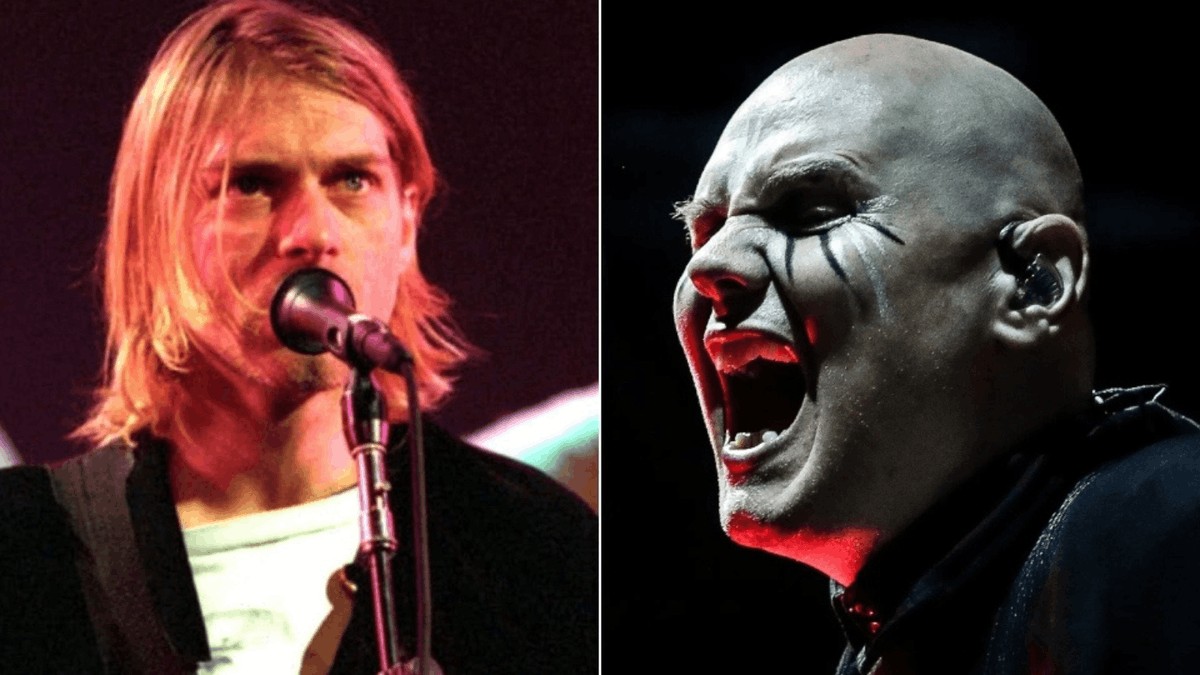
In a recent interview, Billy Corgan, frontman of The Smashing Pumpkins, shared his perspective on the music industry's attitude towards rock icons of the 1990s. Corgan asserted that industry executives harbored resentment towards these artists due to their inability to exert control over them.
The musician, known for his outspoken nature, suggested that the autonomy enjoyed by 90s rock stars was a source of frustration for music industry bigwigs. According to Corgan, this independence allowed artists to make decisions that didn't always align with industry expectations or desires.
Corgan's comments shed light on the complex relationship between artists and the music industry during a transformative era in rock music. The 1990s saw the rise of alternative rock and grunge, genres that often prioritized artistic integrity over commercial appeal.
The Smashing Pumpkins leader implied that this shift in power dynamics created tension within the industry. He suggested that executives, accustomed to having a significant degree of control over artists' careers, found themselves grappling with a new breed of musicians who valued creative freedom above all else.
While Corgan's statements offer an intriguing glimpse into the inner workings of the music industry during the 90s, it's worth noting that they represent his personal viewpoint. The relationship between artists and industry professionals is often nuanced and can vary greatly from one situation to another.
Nonetheless, Corgan's remarks have sparked discussion about the evolving nature of artist-industry relations and the ongoing struggle for creative control in the music world. As the industry continues to change, the balance of power between artists and executives remains a topic of keen interest for music fans and industry observers alike.